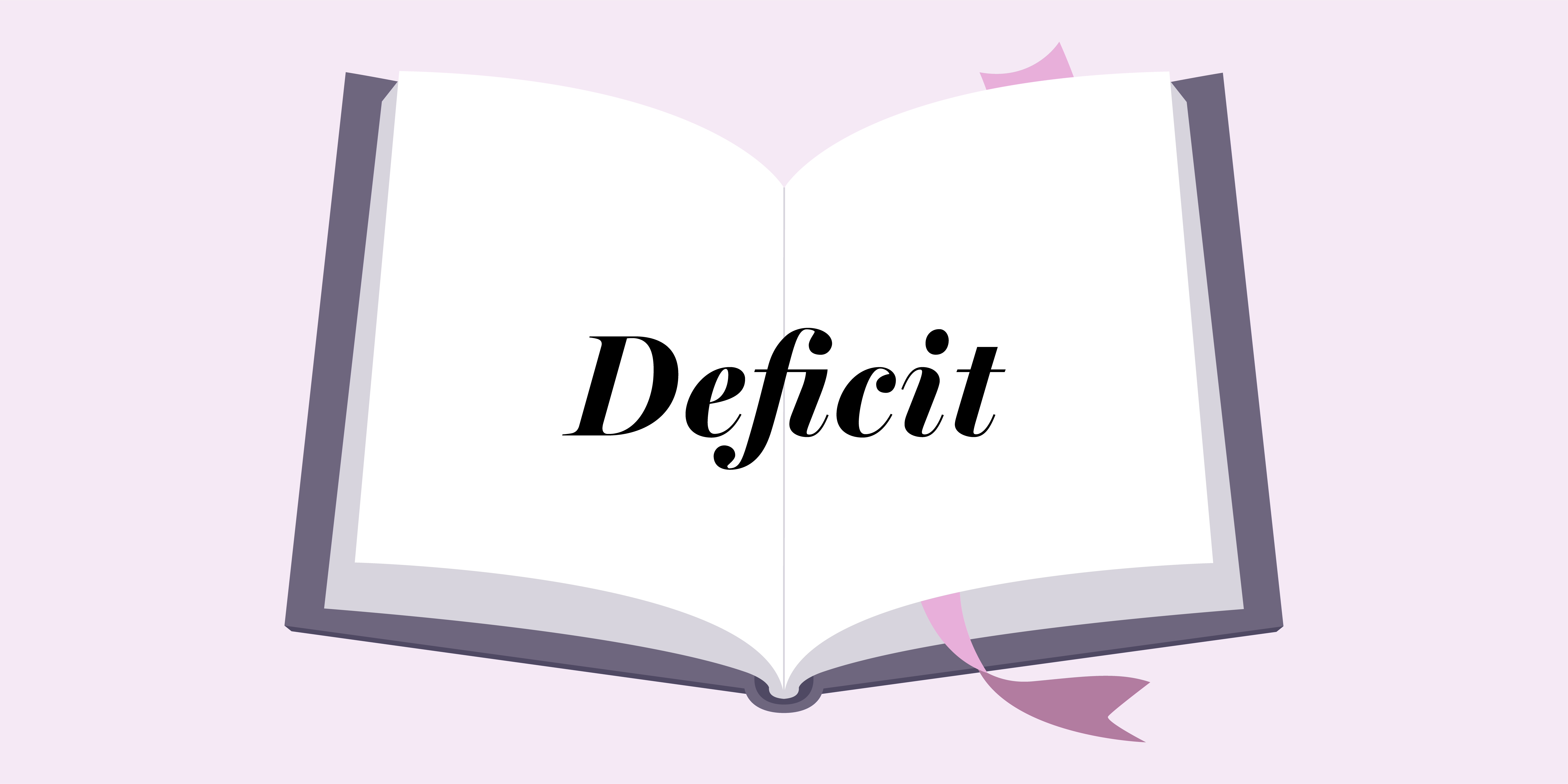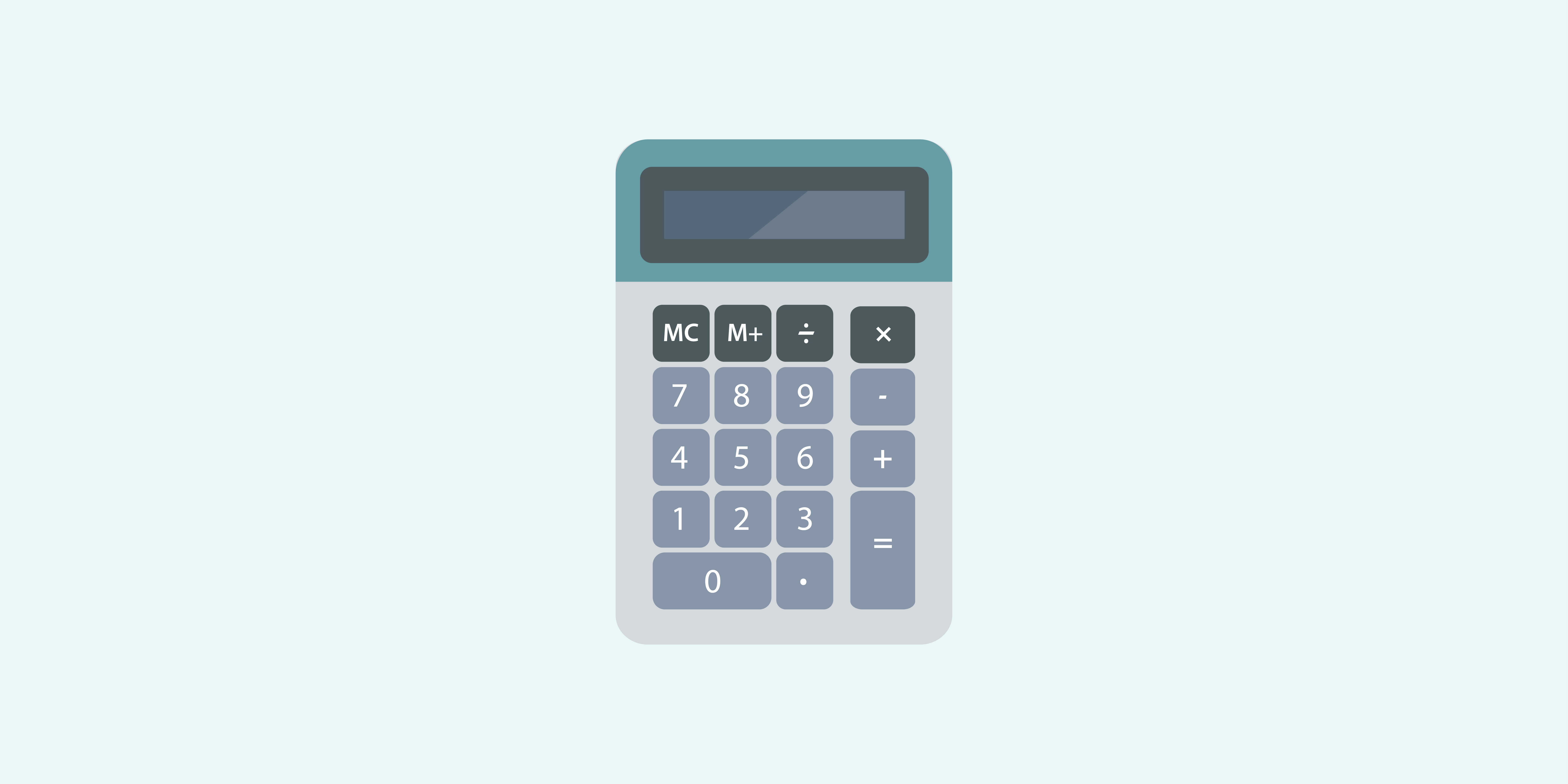A deficit is when expenditures surpass revenues. When it comes to a national government, this is more specifically referred to as a fiscal deficit.
A fiscal deficit occurs when there is a shortfall in a government’s income relative to its spending – usually over a calendar year. A government creates a fiscal deficit by spending more money than it takes in from taxes and other revenues, excluding government-issued debt. Put simply, any government with a fiscal deficit is spending beyond its means.
While a deficit can provide some insight into a nation’s financial strength and the state of its economy, fiscal deficits should not be universally regarded as negative. Increasing the fiscal deficit could help boost a struggling economy by enabling individuals to have more money with which to consume and invest.
In fact, influential British economist John Maynard Keynes argued that deficit spending can help countries escape the throes of economic recession.
That being said, perennial deficits can be detrimental to economic growth and stability.





